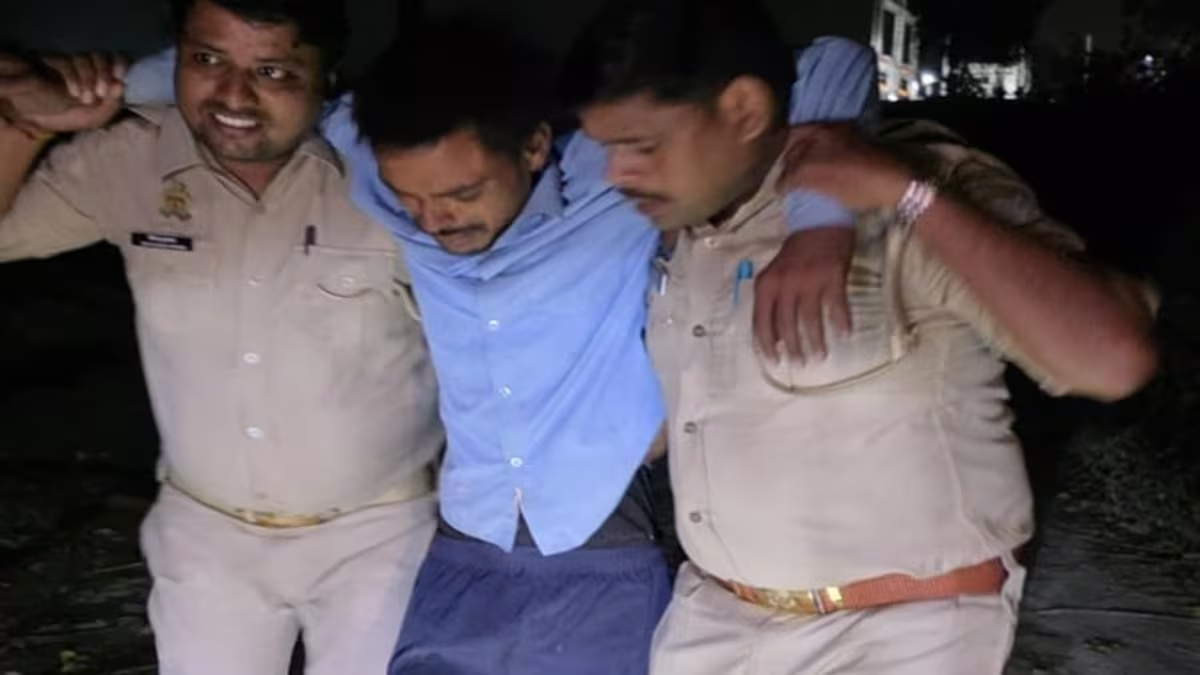India Refuses to Endorse SCO Statement Over Omission of Pahalgam Terror Attack: Rajnath Singh Calls Out Double Standards on Terrorism
Defence Minister Rajnath Singh firmly withheld India’s endorsement of the draft joint statement at the Shanghai Cooperation Organisation (SCO) defence ministers’ meeting in Qingdao,
China, after it failed to include a reference to the Pahalgam terror attack of April 22, which claimed the lives of 26 people.
The omission, Indian government sources said, was particularly unacceptable since the document included a reference to the Jaffar Express hijacking in Pakistan by the Balochistan Liberation Army, highlighting unrest in Pakistan’s own territory.
As a result of Singh’s objection, the SCO defence meet concluded without a joint communique, marking a rare but significant expression of India’s growing intolerance for selective condemnation of terrorism.
India Rejects Silence on Terrorism
Rajnath Singh, representing India at the SCO platform, raised strong concerns over the selective approach to terrorism in multilateral settings.
“When the region faces challenges of peace, security, and growing radicalisation, failing to mention a heinous attack like Pahalgam is unacceptable,” Singh said.
The attack, claimed by The Resistance Front—a proxy of the Pakistan-based and UN-designated terror group Lashkar-e-Taiba (LeT)—had targeted civilians after identifying them by religious identity.
He reminded member states that peace and prosperity cannot thrive where terrorism and the proliferation of weapons of mass destruction by non-state actors are allowed to fester. Without naming Pakistan directly, Singh remarked:
“Some countries use cross-border terrorism as a strategic tool and offer safe havens to terrorists. Such double standards must be called out. The SCO should not hesitate to do so.”
Operation Sindoor: India’s Decisive Response
Singh also referenced Operation Sindoor, launched by India in direct retaliation for the Pahalgam killings, underlining New Delhi’s zero-tolerance policy on terrorism.
“We have shown that the epicentres of terror are no longer beyond reach. Our actions are guided by our right to defend our people and pre-empt further threats,” he said.
The Defence Minister called for holding to account the perpetrators, financiers, and sponsors of cross-border terrorism, demanding that international platforms take a united stand against all acts of terror—regardless of motivation, location, or actor.
Warning Against Radicalisation & Extremism
Reinforcing India’s stance on ideological extremism, Singh advocated for stronger measures against radicalisation, especially among youth. He highlighted the Regional Anti-Terrorist Structure (RATS) mechanism as an effective tool in this fight and referred to the joint SCO declaration on countering radicalisation issued during India’s 2023 chairmanship as a major milestone.
Broader Security Concerns & Multilateral Reform
Beyond terrorism, Rajnath Singh also flagged non-traditional security threats, such as cyberattacks, drone-based smuggling of weapons and narcotics, pandemics, and climate change. He stressed that the modern threat landscape transcends borders and demands a coordinated international response based on transparency and trust.
“Traditional boundaries no longer offer protection in an interconnected world. Security now requires multi-domain awareness and real-time cooperation,” he said.
He also expressed concern over growing geopolitical rivalries, with globalisation slowing and multilateral institutions weakening. The world, he said, is increasingly witnessing the use of trade and technology as instruments of power competition.
India, he stated, believes in reformed multilateralism, which can provide effective mechanisms for conflict prevention, dialogue, and international cooperation.
Connectivity and Regional Cooperation
Singh reiterated India’s deepening engagement with Central Asia, noting that enhanced connectivity fosters not just trade but also mutual trust and regional stability. However, he underscored that all connectivity efforts must adhere to core SCO principles, particularly the sovereignty and territorial integrity of all member nations—an indirect rebuke of initiatives like China’s Belt and Road that traverse disputed territories.
He also touched on India’s enduring support for a peaceful and stable Afghanistan, stating that India continues to assist through capacity-building programmes and humanitarian efforts.
India’s Role in the SCO
India, which became a full member of the SCO in 2017 and held its rotating chairmanship in 2023, remains a firm proponent of using the platform for constructive regional cooperation. But, Singh’s stand at Qingdao reflects India’s increasing unwillingness to accept diplomatic evasions on terrorism, particularly when its own citizens and security are targeted.
As the SCO looks ahead under China’s new chairmanship for 2025, Rajnath Singh’s message was unambiguous:
“India will not endorse diluted narratives. Terrorism in any form is criminal, unjustifiable, and must be confronted with unity and clarity.”




